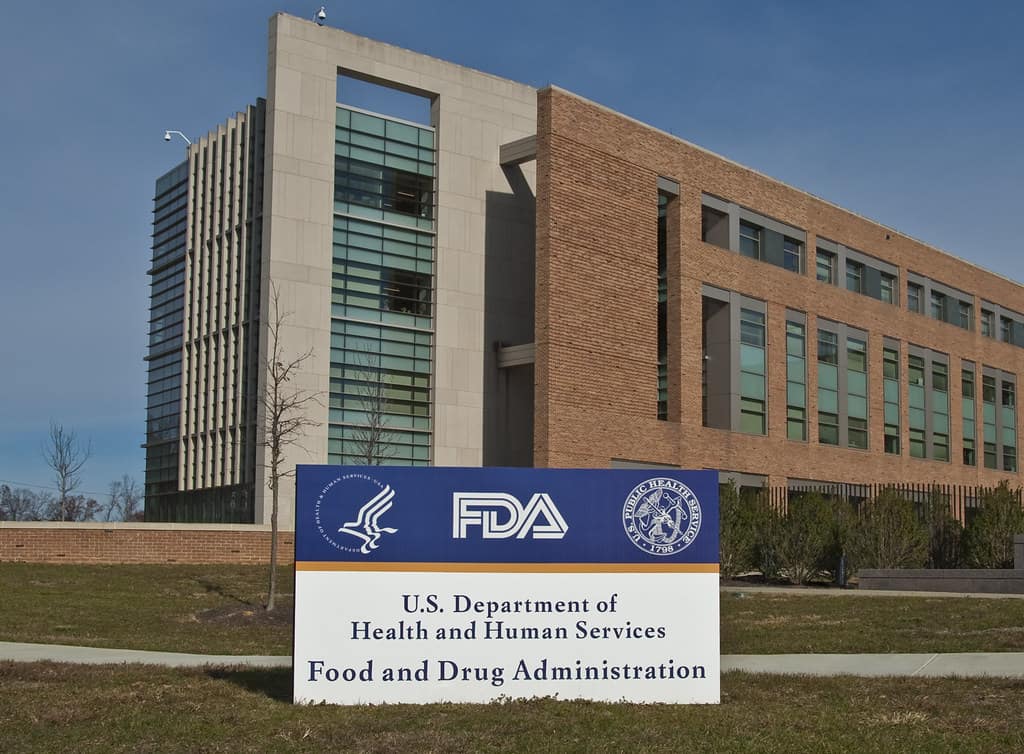
FDA grants emergency authorisation for coronavirus plasma treatment
pharmafile | August 24, 2020 | News story | Sales and Marketing | COVID-19, FDA, coronavirus
The FDA has issued an Emergency Use Authorization (EUA) for convalescent plasma to treat patients with COVID-19.
The regulatory body has said that over 70,000 patients have already been given the treatment which uses the blood of people who have recovered from coronavirus.
At a White House press briefing on Sunday, President Donald Trump said: “Today I am pleased to make a truly historic announcement in our battle against the virus that will save countless lives. Today’s action will dramatically increase access to this treatment.”
Alex Azar, the Health of Human Service Secretary, also spoke at the press conference, and said: “The data we gathered suggests that patients who were treated early in their disease course, within three days of being diagnosed, with plasma containing high levels of antibodies, benefited the most from treatment. We saw about a 35% better survival in the patients who benefited most from the treatment. We dream in drug development of something like a 35% mortality reduction. This is a major advance in the treatment of patients.”
Trump also said that political reasons were behind the FDA not giving the treatment an EUA sooner. However, many medical professionals believe far more study is needed into how much plasma treatments help COVID-19 patients.
The study Azar referred to was released on 12 August and published on medRxiv, a site where preliminary reports are uploaded and have not yet been peer reviewed. The study was co-authored by researchers at the Mayo Clinic, Michigan State University and the Johns Hopkins School of Public Health and found that 8.7% of patients who received the treatment within three days of diagnosis died. This was compared to roughly 12% of patients who were treated four days or more after the diagnosis, which is a difference of 37%. Overall, the study found that those treated with plasma that contained the highest antibodies had a 35% lower risk of dying within a week compared to those who received less rich plasma.
The lack of a peer review already casts doubts on the results and more accurate research would involve a randomised, placebo-controlled trial, to compare untreated and treated patients. The FDA says these trials are going on, but many are concerned the treatment received EUA without them being concluded. Critics feel that this has been pushed through due to political pressure, particularly as the Republican National Convention launches tonight.
Paul Offit, Director of the Vaccine Education Center at Children’s Hospital of Philadelphia, feels this is the case and told CNN: “I think what’s happening here is you’re seeing bullying, at least at the highest level of the FDA, and I’m sure that there are people at the FDA right now who are the workers there that are as upset about this as I am.”
Conor Kavanagh
Related Content

MRM Health’s ulcerative colitis treatment receives FDA Investigational New Drug clearance
Microbial Resource Management (MRM) Health has announced that its lead programme, MH002, has received Investigational …

Complement Therapeutics’ geographic atrophy treatment receives FDA Fast Track designation
Complement Therapeutics has announced that CTx001, its gene therapy treatment for geographic atrophy (GA) secondary …

Johnson & Johnson submits robotic surgical system for De Novo classification
Johnson & Johnson has announced the submission of its Ottava Robotic Surgical System for De …





